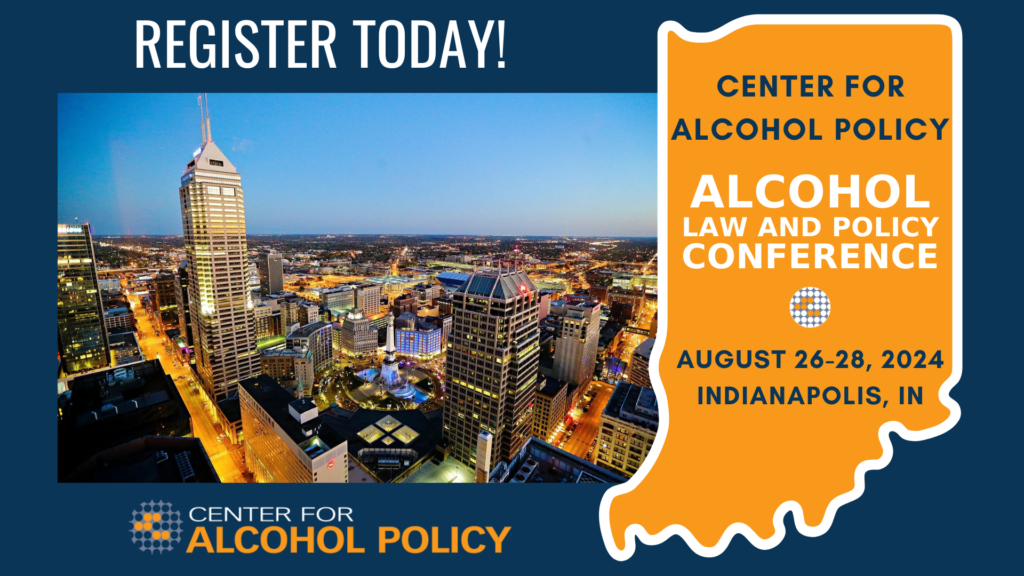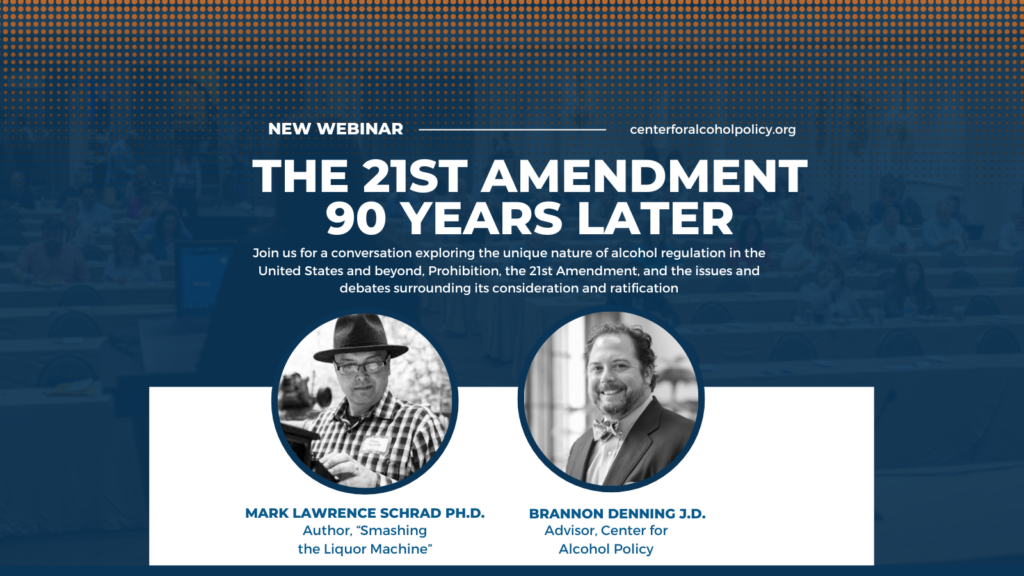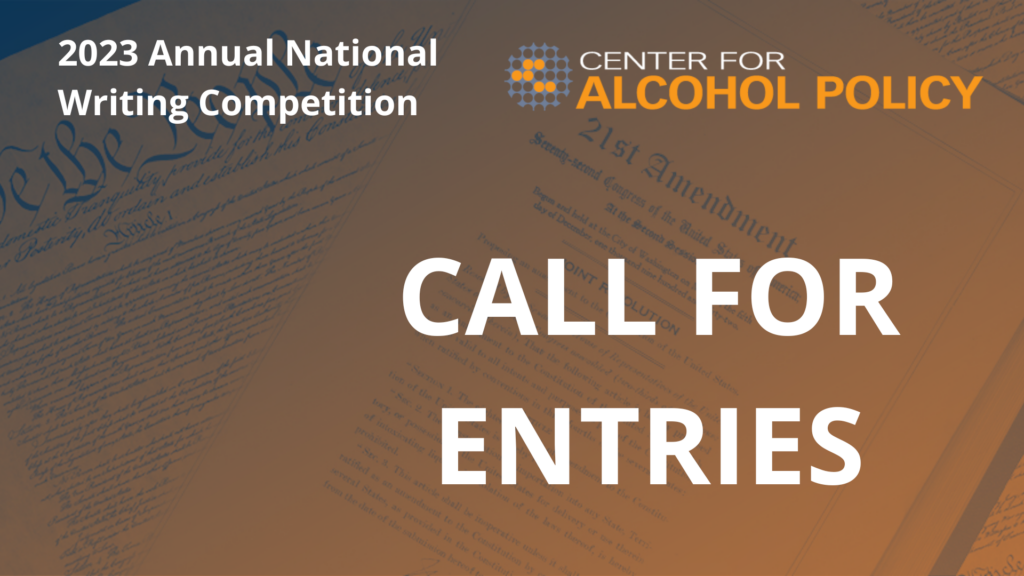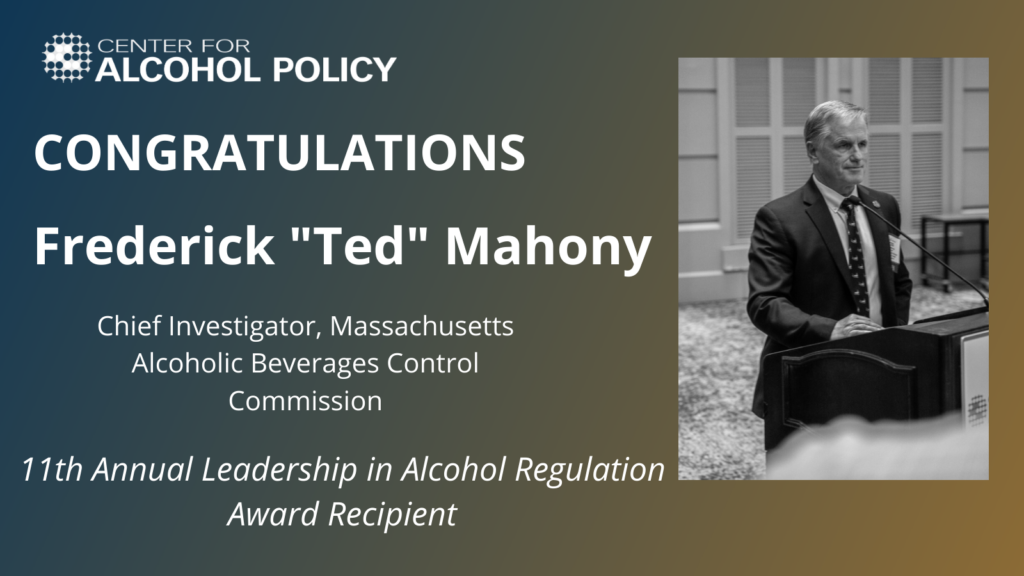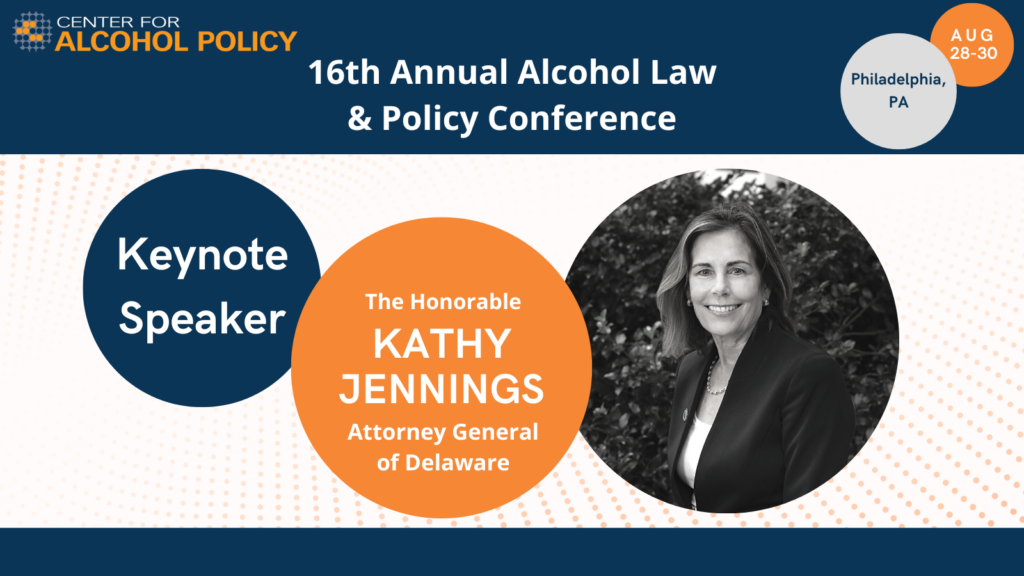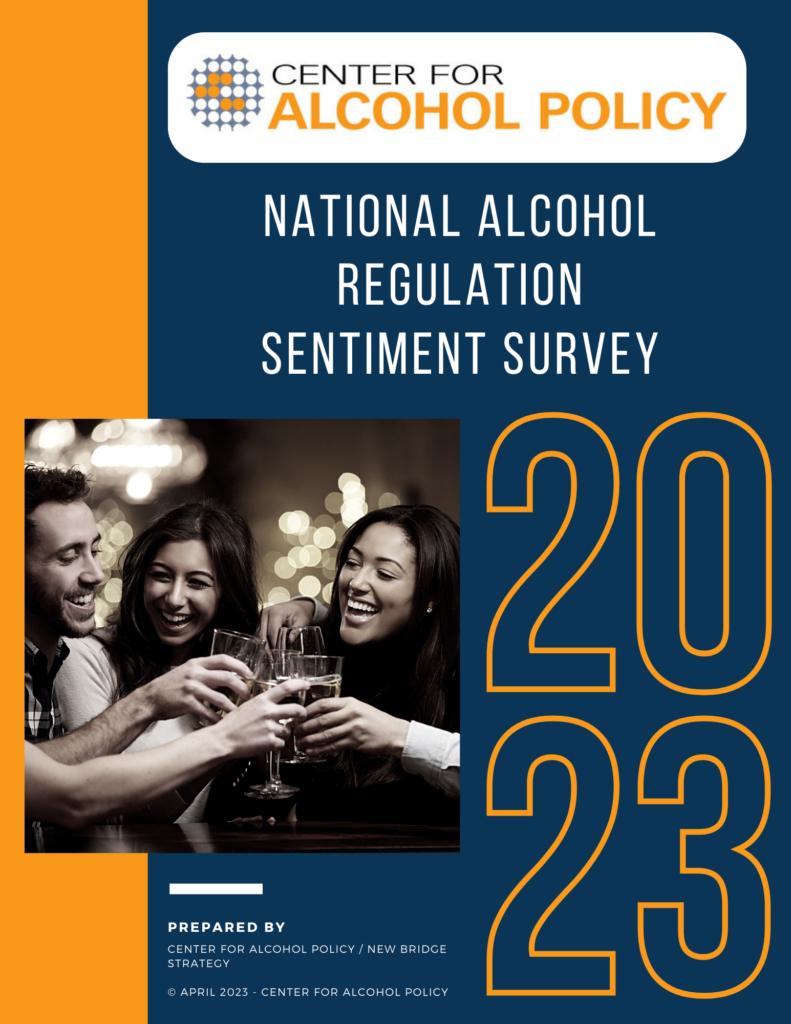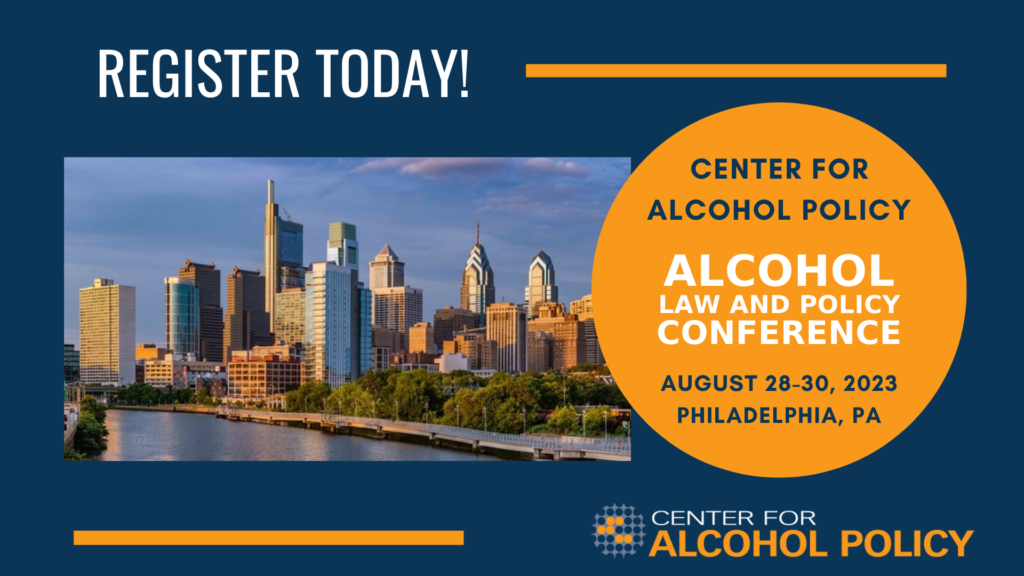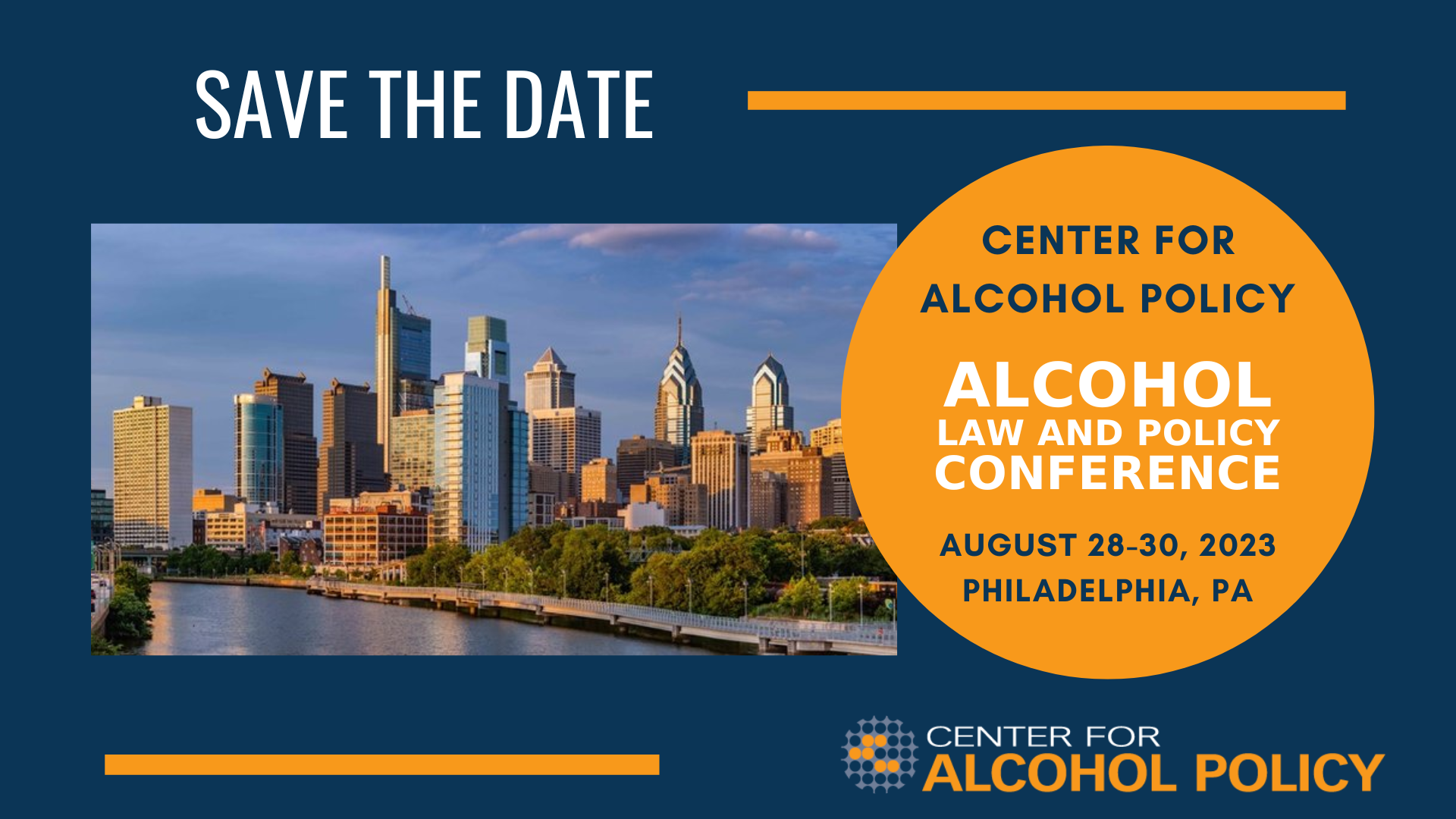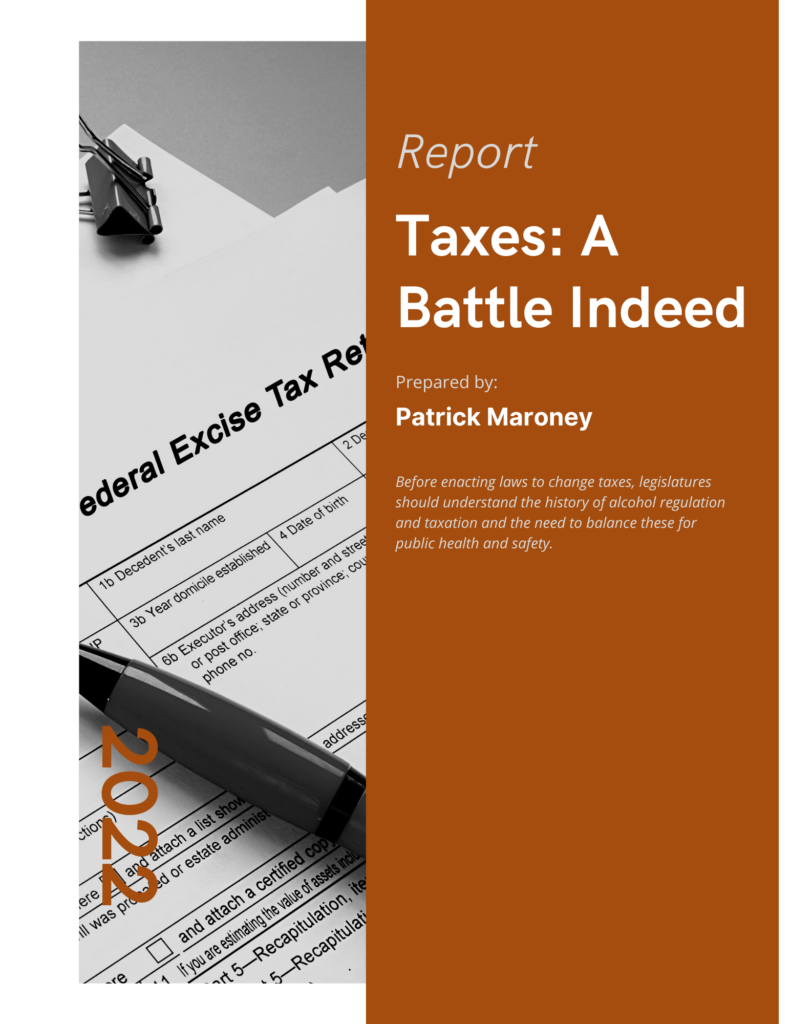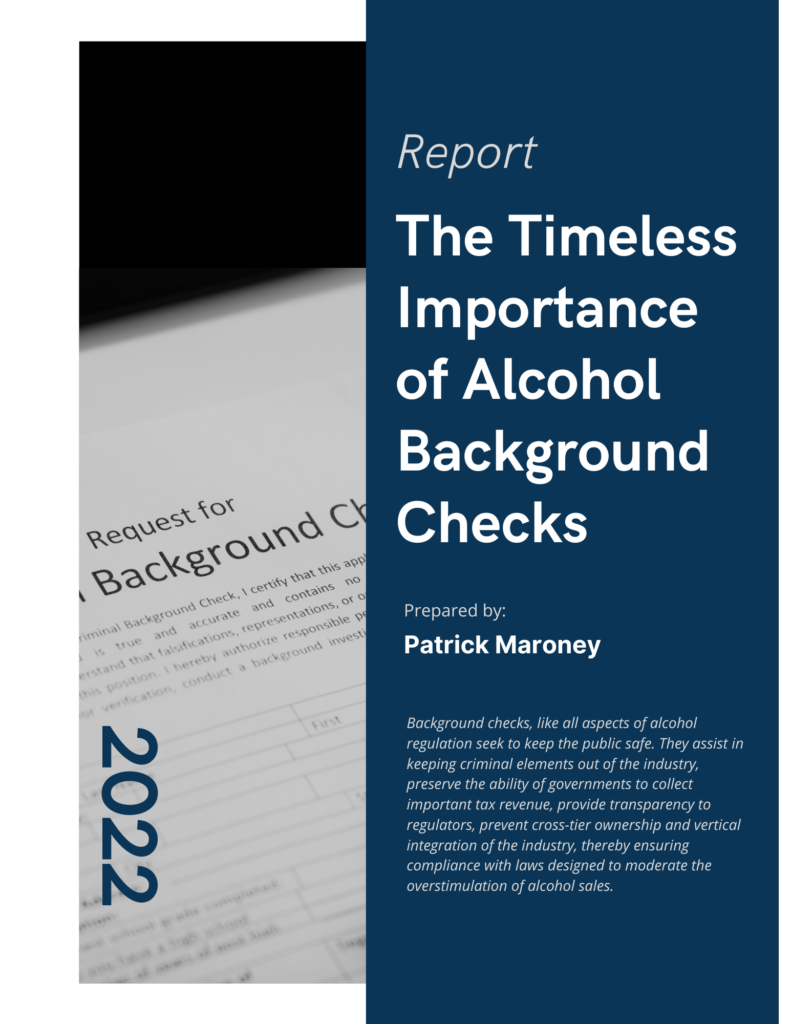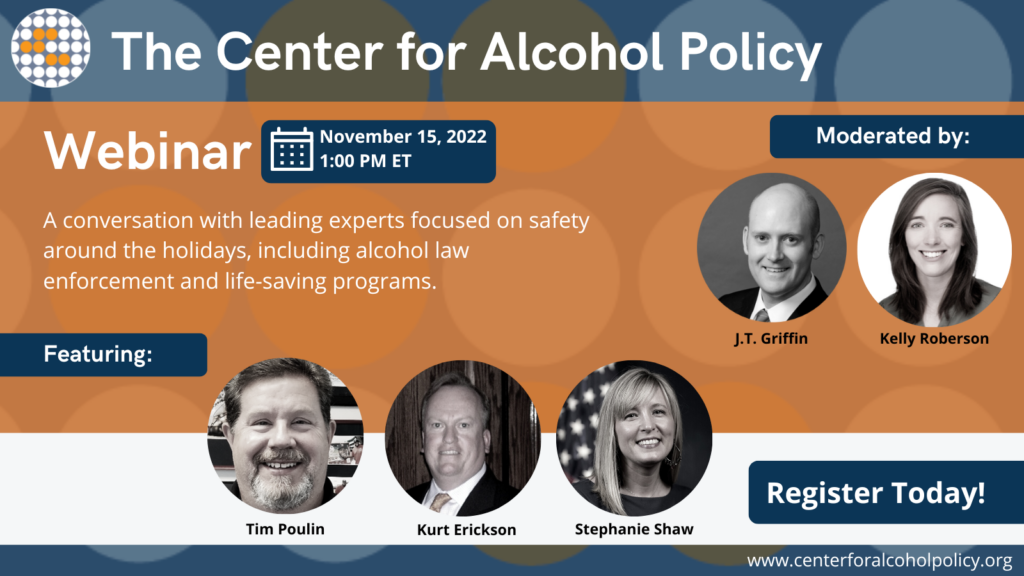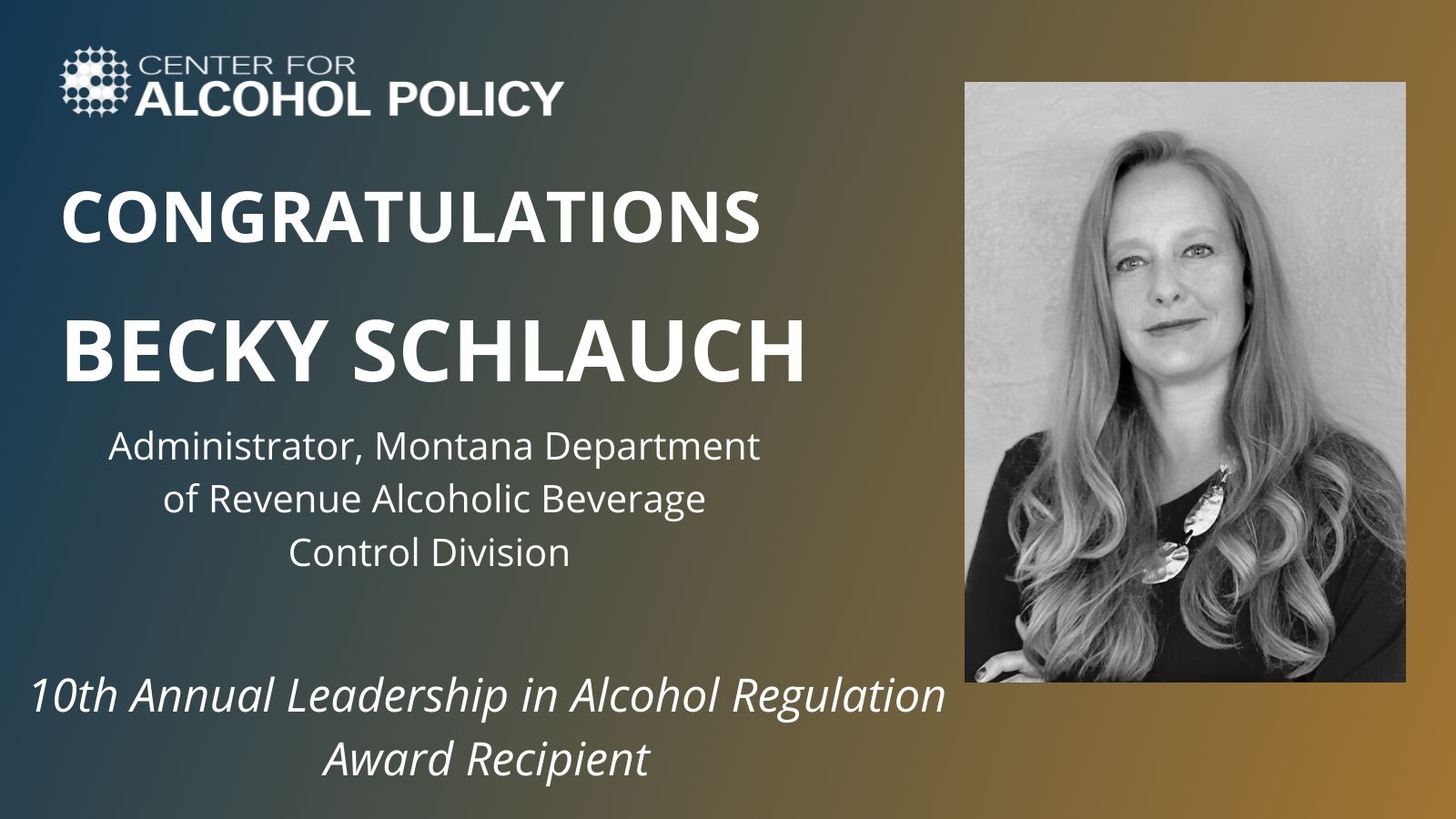Virginia Attorney Wins First Place in Center for Alcohol Policy Writing Competition
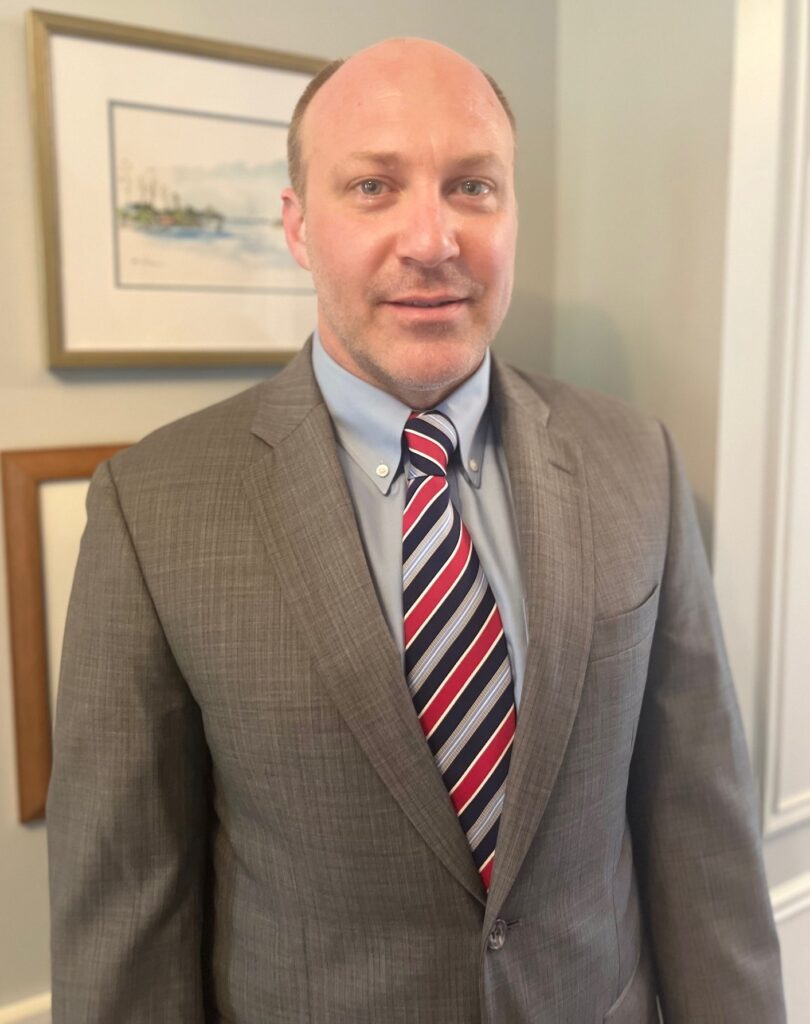
The Center for Alcohol Policy is pleased to announce that Patrick Glen has been named the winner of its 15th annual writing competition. Glen is also an Adjunct Professor of Law at Georgetown University Law Center.
The national writing competition is intended to foster debate, analysis, and examination of alcohol policy in the 21st Century. This past year’s topic served as a nod to the 90th anniversary of the 21st Amendment and asked respondents to reflect on the impact of this amendment over the course of the last century.
“90 years ago, this nation undertook a raw exercise of political power only done 26 other times in our country’s 235 year constitutional history. The 21st Amendment was passed in 1933 and it performed two critically important actions. First, it repealed National Prohibition caused by the 18th Amendment. Second, the 21st Amendment put regulation of alcohol primarily in the control of the states.
Fast forward 90 years and reflect, does the 21st Amendment work? Has it achieved what it set out to do: provide for an orderly marketplace, prevent abuse of the product, and protect public health and safety?”
Glen’s winning submission “Distilling Purpose: Revisionist History and the Supreme Court’s Shifting Interpretation of the Twenty-First Amendment” provides an in-depth analysis of the 21st Amendment’s relationship to the Dormant Commerce Clause, delving into the history of the amendment, legal challenges and the implications for state law.
“History, context, and precedent establish the purpose of the Twenty-First Amendment: to enact a rule of constitutional authority permitting State regulation of alcohol unfettered by the dormant Commerce Clause. This purpose, consistently recognized and applied for fifty years following the Amendment’s ratification, has been abrogated by the contemporary Supreme Court, which has instead reinjected the Commerce-Clause limitations the Amendment was meant to nullify back into the analysis of state law. So long as the Supreme Court hews to this erroneous path, it will be impossible for the Twenty-First Amendment to fulfill its true purpose,” writes Glen.
Second Place: Joseph Ojih
Joseph Ojih, Adjunct Professor at Baltimore City Community College and Morgan State University, placed second with their essay “The 21st Amendment: Reflections 90 Years Later.” Ojih’s submission explores the positive impacts on public health and safety offered by the 21st Amendment as well as the creation of orderly marketplaces for alcohol.

In reflecting on the legacy of the 21st Amendment, Ojih writes, “[a] critical aspect of the end of Prohibition was the empowerment of individual states with autonomy in alcohol regulation… Thus, the post-Prohibition era in the United States saw the establishment of a system where alcohol could be consumed in a manner that was both safe and responsible, reflecting a balance between individual freedoms and public welfare.”
Dr. Ojih holds a Ph.D. in Finance and has taught business statistics and finance for more than a decade.

Third Place: Ben Sheppard
Receiving third place for their essay, “The Ghosts of Prohibition: Considering whether the 21st Amendment has fulfilled critical policy objectives,” Ben Sheppard, an associate attorney with Norris McLaughlin in Allentown, PA takes a contrary view from Ojih and Glen positing that while the 21st Amendment, in collaboration with the Federal Tax and Trade Bureau, has created safer products, a fragmented marketplace makes it challenging to do business in the alcohol sector.
Sheppard highlights the important role the TTB plays “in regulating alcoholic beverages is not just about maintaining legal and safety standards; it is also about fostering trust and transparency in an industry that directly impacts public health.”
Sheppard is a graduate from George Washington University Law School and the University of Pittsburgh.

